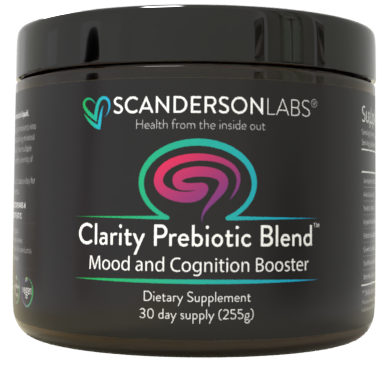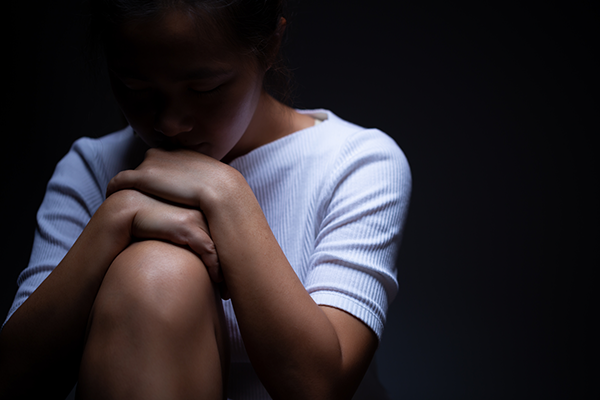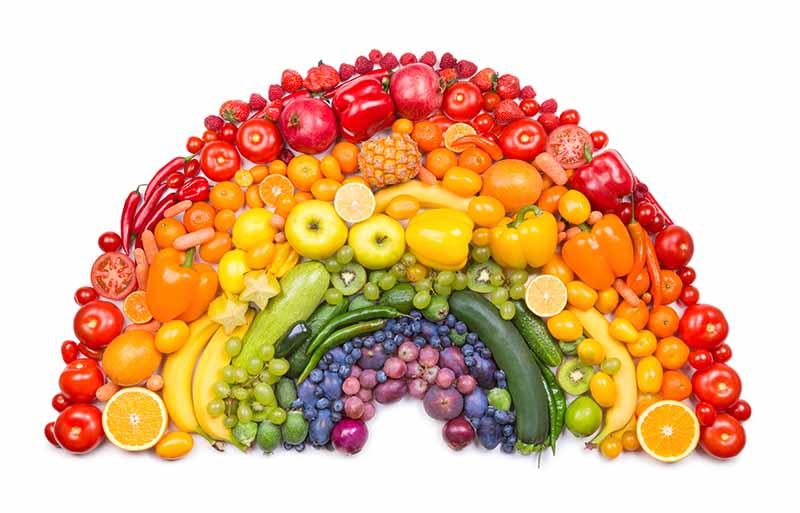Bringing Depression Out of the Shadows
Depression isn’t all in your head—and it isn’t your fault.
Someone can sit next to you at lunch and talk freely about their gout or their backache. In fact, we often can’t get people to shut up about their gout or their backache.
But people with depression are often treated differently. There’s an unspoken stigma attached to issues of mental health. It doesn’t help that depressed people are often standoffish. That’s not because they don’t like you—it’s just a part of the syndrome.
If you’ve never had depression, just think back to the last time you had the flu: Did you want to party or just hit the bed and pull up the covers? That’s called sickness behavior and it is not dissimilar to some forms of depression.
Sickness behavior has been crafted by evolution over millions of years, likely to keep us away from other pathogens when our immune system is already at war, but also to lower contagion among our friends and families. Inflammation makes us antisocial, and that’s not a bad response when you’re fighting an infection.
Depression and anxiety are mental problems, of course, but as we’ll see, they may start somewhere else.
Is This a Sad Story?
Yes, depressed people can be downers, but so can people with gout or backaches. No one said being a friend was easy.
Interestingly, depression is strongly associated with hundreds of diseases, including diabetes, Parkinson’s, obesity, heart disease, arthritis, and dementia. It turns out, most people with depression are okay with talking about it, and there’s no reason to keep it a secret. Personally, I’d rather talk about your depression than your STDs.
It’s not a small problem: some 30 percent of us will suffer from depression or anxiety at some point in our lives—and that number has been climbing for the last 50 years. That implies that the problem isn’t genetic: our genes don’t change that fast. Clearly, we are doing something wrong—but what?
Depression and anxiety are not monolithic, but stress is a major instigator. There also seems to be a genetic component to stress resilience.
But there is another reason that we get depressed: inflammation—and it typically starts in the gut. As an illuminating example, in 2000, a flood hit Walkerton, Canada. It washed chicken and cow manure from a local farm into the town’s drinking water. The whole town got sick. The bacteria responsible killed half a dozen people and left hundreds with something called post-infectious irritable bowel syndrome. A couple of years later, when researchers checked back on these folks, they found that many of them were suffering from major depression. For some, it lingered long after the flood.
The researchers were intrigued: here was a clear example of inflammation leading to depression. The people in Walkerton recognize this depression as an enduring response to an accidental poisoning—certainly nothing to be ashamed of. It’s unusual that a bacterial infection can cause depression, but it establishes an intriguing pathway.
Does This Have a Happy Ending?
So if microbes can cause depression and anxiety, can they treat them as well? That’s the thesis of researchers like John Cryan and Ted Dinan, who coined the term psychobiotic to refer to microbes that can improve your mood. These include bacteria like Lactobacillus rhamnosus and Bifidobacterium longum, species found in many fermented foods. These microbes seem to pacify the immune system. They also crowd out the anxiety-provoking pathogens.

BUY ON AMAZON
The promise of this research, which is still young and developing, is that we may be able to improve our lousy moods with a better diet—one that boosts psychobiotics over the pathogens that make us miserable. In addition, probiotics and prebiotics (food for probiotics) can be a useful adjunct.
The implication is that at least some of our depression and anxiety has a microbial root, making those maladies no more scandalous than a cold or flu.
The Brain is Just Another Organ
The brain is ridiculously delicate, a soft pudding of an organ, too mushy to stand on its own and requiring a thick bony skull to cradle it. It is walled off from the rest of the uncouth body by the blood-brain barrier (BBB).
Most organs can heal themselves by simply growing new cells, but the brain is different. It depends on long-lived nerve cells to save memories for a lifetime. That means killing nerve cells can cause irreparable damage, so it’s important to keep pathogens out. However, when you have chronic systemic inflammation, the BBB may not be able to stop all the extra microbes cruising through the bloodstream.
It only takes a few microbial pioneers to trigger a response. That’s when the immune system asserts itself, and it is not subtle. When it detects toxins or microbes in the brain, it opens up the BBB In order to send in the troops. When it does, adventurous microbes may seize the moment to sneak in along with the immune cells. And so, our immune response can actually exacerbate the situation.
That microbial battle in your brain can make you anxious, depressed or both. The take-away? As the people in Walkerton will tell you, avoid chronic systemic inflammation. Here are some tips to build up your resilience.
Stress
Oddly enough, outside of food poisoning, one of the most reliable ways to get systemic inflammation is to submit yourself to continuing stress. A bad job, for instance, may be stressing you, pushing impossible timelines and interfering with your personal life. Each event may trigger the release of the stress hormone cortisol, which tamps down your immune system and diverts blood away from your gut. Nature has programmed this behavior to help us run from a lion, but it is a bad reaction to job stress. Repeated incessantly, it can lead to a “leaky gut,” which can allow toxins and microbes to enter your bloodstream. That chronic inflammation, as we’ve seen, may lead to anxiety or depression.
This is an astonishing connection between stress and mood, via gut microbes. So no, it’s not all in your head.
In Sum
Whether from grieving, stress or infection, depression is one of the ways the brain responds to situations that push the body out of equilibrium. It can be a reasonable response to an extremely challenging situation. It is neither shameful nor self-inflicted. In sum, if you are depressed or anxious, don’t feel like an outcast. And if you’re the friend of someone who is down, don’t shun them!
Like any other syndrome, it may come and go, so be understanding. When it’s your turn to be blue, they may be there for you, too.
References
Berk, Michael, Lana J. Williams, Felice N. Jacka, Adrienne O’Neil, Julie A. Pasco, Steven Moylan, Nicholas B. Allen, et al. “So Depression Is an Inflammatory Disease, but Where Does the Inflammation Come From?” BMC Medicine 11, no. 1 (September 12, 2013): 200.
Pereira, Joana da Cruz, Kieran Rea, Yvonne M. Nolan, Olivia F. O’Leary, Timothy G. Dinan, and John F. Cryan. “Depression’s Unholy Trinity: Dysregulated Stress, Immunity, and the Microbiome.” Annual Review of Psychology 71, no. 1 (2020)



